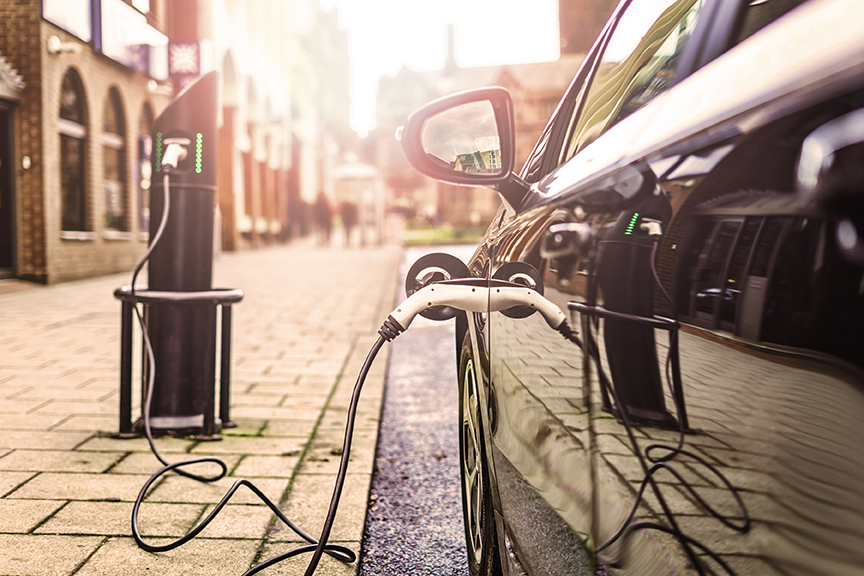Electric cars are the future. We all know it. That being said, a car that plugs into the wall like an iPhone is destined to give its users many of the same problems. Ask any iPhone user what their biggest issue is, and they’ll all say the same thing: “Power”. Electric cars need power. And, unlike iPhones, they can’t be charged anywhere. To establish electric cars as a viable replacement for diesel and petrol, we need charging ports – and lots of them. The government has invested £1.3 billion into making sure that the UK is ready.
Currently, charging prices differ depending on the provider, location and time. Most providers offer reduced rates at off-peak times and the highest rates at busy times.
Cheap Electric Car Charging From Ovo
Ovo energy, the country’s biggest energy supplier, plans to provide electric vehicle charging at half the standard rate. They are planning to charge 6p per kilowatt-hour at ANY time of the day. This rivals the ‘time-of-use tariffs’ that many suppliers offer, rewarding electric car users when demand is lower.
Costs to charge your electric car need to be sustainable for all drivers – especially those who drive every day for a living. Drivers on Ovo’s ‘Drive-Flex’ tariff will be able to bring their yearly charging expenses down 60% without changing charging times.
Oil giant Shell recently purchased Ubitricity, the UK’s largest network of electric vehicle charging stations. Ubitricity has a 13% market share of the UK’s on-street charging ports, mainly located on lamp posts. This is in addition to the 1,000 charging ports located at Shell petrol stations.
This is undoubtedly a positive shift. We are seeing oil and energy giants transitioning towards an environmentally sustainable business model.
The Fossil Fuel Ban’s Impact on Private Hire & Taxi Industries?
With sales of new fossil-fuelled vehicles ending in 2030, even greater pressure will be put on the private hire and taxi industries to transition to electric. Some drivers will choose to have electric ports installed in their homes. However, if that’s not possible, then faith needs to be put into councils, governments and big businesses to build the infrastructure to accommodate the ever-increasing need.
Ovo energy’s new price offering is a move in the right direction. Hopefully, Ovo’s actions will have a knock-on effect for other energy providers, discouraging unfair price hikes for private hire and taxi drivers who most likely won’t have the luxury of choosing when they recharge.
Scotland has set a stellar example by providing the highest number of free electric car charging stations in the UK. In fact, 30% of Scotland’s chargers are entirely free. To contrast, in London (the place where free chargers are badly needed), there are only 400! An abundance of free charging ports in London will be a gamechanger for the private hire and taxi trades.
Storedot Superfast Charging EV Battery
Private hire and taxi drivers need charging to be not only accessible but also fast. Israeli company Storedot has developed a battery that can be charged in 5 minutes. It is not in mass-circulation yet, but the technology’s invention gives us hope that charging times won’t be a long-term struggle. In the Guardian, The CEO of StoreDot said that the driver’s experience would eventually be just like fuelling a regular car.
There is no doubt, environmental concerns and climate change are the challenges of the next 30 years at least. Electric cars are the future, and the powers-that-be need to make sure that the transition from a petrol and diesel world to an electric world is as seamless as possible.


